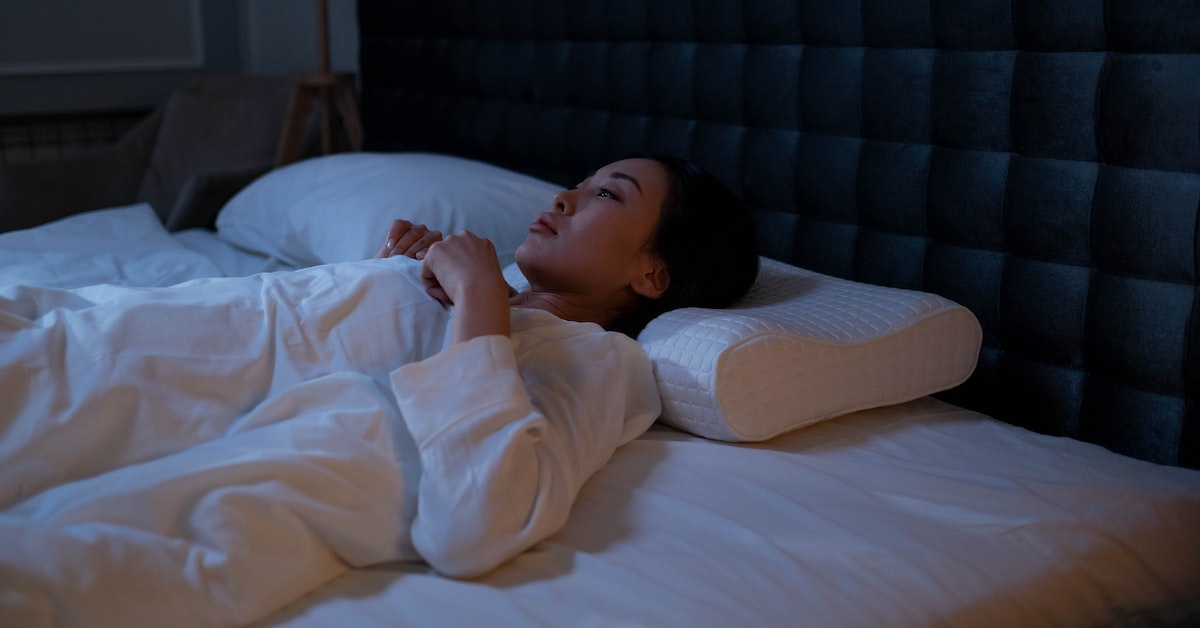Are you having a harder time staying well-rested through the warmer weather, as we make the seasonal transition from spring to summer? You’re far from alone, and unfortunately, this problem is far from getting any easier. As temperatures continue to collectively warm through global climate change, global sleep quality is expected to falter with those rising temperatures.
In certain respects, climate change and warmer weather are already starting to negatively impact the sleep cycles of millions. In fact, one sweeping new study of sleep health data quite literally quantified this impact in the billions. A new One Earth journal, published back on May 20th, analyzed 10 billion repeated sleep measurements and 7 million daily sleep records sourced from health-tracking wristband devices across 68 countries.
This research appeared to indicate a number of sobering, stunning findings relating an increase in global temperatures to a decrease in overall sleep quality. Amongst those findings, the researchers determined:
- That those living in warmer climates lose more sleep with each degree of temperature rise
- Women, the elderly, and impoverished people face the largest sleep health impacts associated with temperature
- On average, sleep can decline up to 14.08 min in areas with warmer temperatures versus areas with colder temperatures
- Nighttime temperatures of 77 degrees Fahrenheit or higher raise the probability of receiving less than 7 hours of sleep by 3.5% or higher
- By 2099, global temperature rise could potentially erode up to 50-58 hours of sleep per person, per year
So to answer the question we posited in the beginning, yes, temperatures can and very often do affect people’s sleep cycles, and these effects often carry far-reaching physical and mental health ramifications for those most impacted by them. If you’re already starting to feel the heat with summertime sleep issues, we’ll explain why, and then we’ll explain how you could potentially remedy those issues.
Why Is It Harder To Sleep In The Summer?
It’s not a pleasant experience to wake up a little too early, lying in a pool of your own sweat. One reason why this often happens is that our bodies are simply not acclimated to get a good night’s sleep in climates with excess heat. According to The Sleep Foundation, the average person’s most comfortable sleeping temperature is approximately 18.3 degrees Celsius, or 65 degrees Fahrenheit, or a range between 60 to 67 degrees Fahrenheit.
As our bodies naturally undergo a dip in core temperature through the night, we get the most optimal sleep when there are naturally lower temperatures. The night-time drop in temperature coincides with the release of the sleep-promoting hormone melatonin, which in turn coincides with the body ceasing its usual temperature regulation behaviors, leaving your body more vulnerable to temperature sensitivity.
Furthermore, researchers have established a correlation between comfortable bedroom temperatures and homeostasis relating to REM sleep modulation (see this Current Biology guide for more info). When the temperatures aren’t friendly to your circadian sleep rhythm, that can disturb your sleep cycle and potentially arouse your body awake in the middle of the night.
If these sleep disturbances occur over a long-term timeframe, they can pose dire consequences for your mental, physical, and general wellness overall. Chronic sleep disturbances have been known to exacerbate a number of adverse health conditions, including depression, anxiety, obesity, diabetes, and high blood pressure, amongst many others. To ameliorate these warmer weather sleep disturbances, we would recommend that you keep your bedroom cool, improve ventilation, and stay cool at night by:
- Closing the blinds
- Opening the windows
- Using fans and A/C
- Turning down the thermostat
- Taking a warm bath, 1-2 hours before bed
- Sleeping with heat-retaining bedding
- Avoiding alcohol and caffeine before bed
- Drinking a cool glass of ice water
In addition to the above, you’ll be happy to know that there is a multitude of sleep telehealth services available to ensure that you get your best summertime shuteye.
Climate Change Health Effects
Summertime sleep disturbances aren’t the only health disparity expected to be worsened by the changing seasons. Climate change is one of the single biggest global health threats worldwide - the World Health Organization projects that it will lead to an additional 250,000 deaths per year from 2030 to 2050.
A disturbed, disrupted ecology can also worsen the disturbance to one’s physical and mental wellbeing on a number of fronts, as heightened allergens, water contamination, food insecurity, vector-borne diseases, extreme weather events, and the stress associated with these factors all have the potential to negatively impact one’s health and happiness.
According to The Centers For Disease Control And Prevention, some of the biggest “health effects of these disruptions include increased respiratory and cardiovascular disease, injuries and premature deaths related to extreme weather events, changes in the prevalence and geographical distribution of food- and water-borne illnesses and other infectious diseases, and threats to mental health.”
If you find that these issues sound applicable to what you’re dealing with, and your usual sleep cool-down routines aren’t cutting it, here are some telehealth sleep services worth knowing about.
Telehealth Sleep Medicine Resources
Harkening back to the initial One Earth journal we first linked, there are multiple telehealth sleep tracker programs one can use to monitor their sleep activity, and narrow down the specific factors affecting their personal sleep quality. In addition, telemedicine sleep trackers can also monitor important sleep metrics like:
- Overall sleep time
- REM sleep time
- Sleep heart rate
- Time spent awake
- Sleep debt owed
Some impeccable sleep and nutrition tracker programs we’d recommend include Innerhour, WHOOP, and MyFitnessPal. We’d implore you to read our reviews to determine which one is right for you, and you can peruse our full Provider page to find the best online doctors, therapists, and pharmacists for your overall telehealth needs. Sleep plays a hugely important role in overall health regulation, and as temperatures become more irregular than ever, it’ll make it more important than ever to get your sleep under control.


